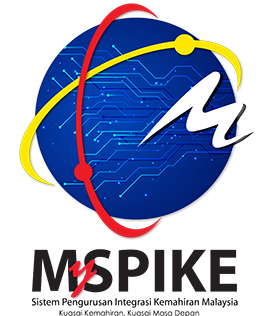Senarai Kursus
Memaparkan 1-2 daripada 2 items.
| # | Nama Kursus | Jumlah Hari Bekerja | Penerangan Kursus |
|---|---|---|---|
| 1 | SLDN BERINSENTIF OPERASI JUALAN & PEMASARAN TAHAP 3 (PENUH) | 200 | Sales and marketing are two closely related business functions that work together to promote, sell, and distribute products or services. Marketing involves researching, promoting, and advertising products or services to potential customers, as well as analyzing customer needs and behaviors to develop effective marketing strategies. This can include market research, advertising campaigns, public relations, branding, and social media marketing. Sales, on the other hand, involves directly selling products or services to customers through personal interactions, presentations, and negotiations. This can include prospecting, lead generation, customer relationship management, and closing deals. The ultimate goal of both sales and marketing is to increase revenue and profit for the company. Effective coordination between these two functions is essential for successful business growth and customer acquisition. |
| 2 | SLDN BERINSENTIF PEMBANGUNAN APLIKASI TAHAP 3 (PENUH) | 240 | Application development refers to the process of designing, creating, testing, and deploying software applications that run on computers, mobile devices, and other digital platforms. The goal of application development is to meet the needs of users and provide them with an intuitive, efficient, and enjoyable experience. The application development process typically involves several stages, including planning, analysis, design, implementation, testing, and deployment. During the planning stage, developers identify the goals and objectives of the application, as well as the target audience and the features and functionality that will be required. In the analysis stage, developers gather requirements and create use cases to understand how the application will be used. In the design stage, developers create a high-level overview of the application's architecture, user interface, and functionality. They also develop detailed specifications for each feature and function. The implementation stage involves coding the application using programming languages and development tools. In the testing stage, developers use various techniques to ensure that the application meets its specifications and works as intended. This includes unit testing, integration testing, and system testing. Once the application has passed all tests, it is deployed to a production environment where it can be accessed by users. Application development can be done for a variety of platforms, including desktop computers, web browsers, mobile devices, and even smart home devices. Common programming languages used for application development include Java, Python, Swift, and C++. |

